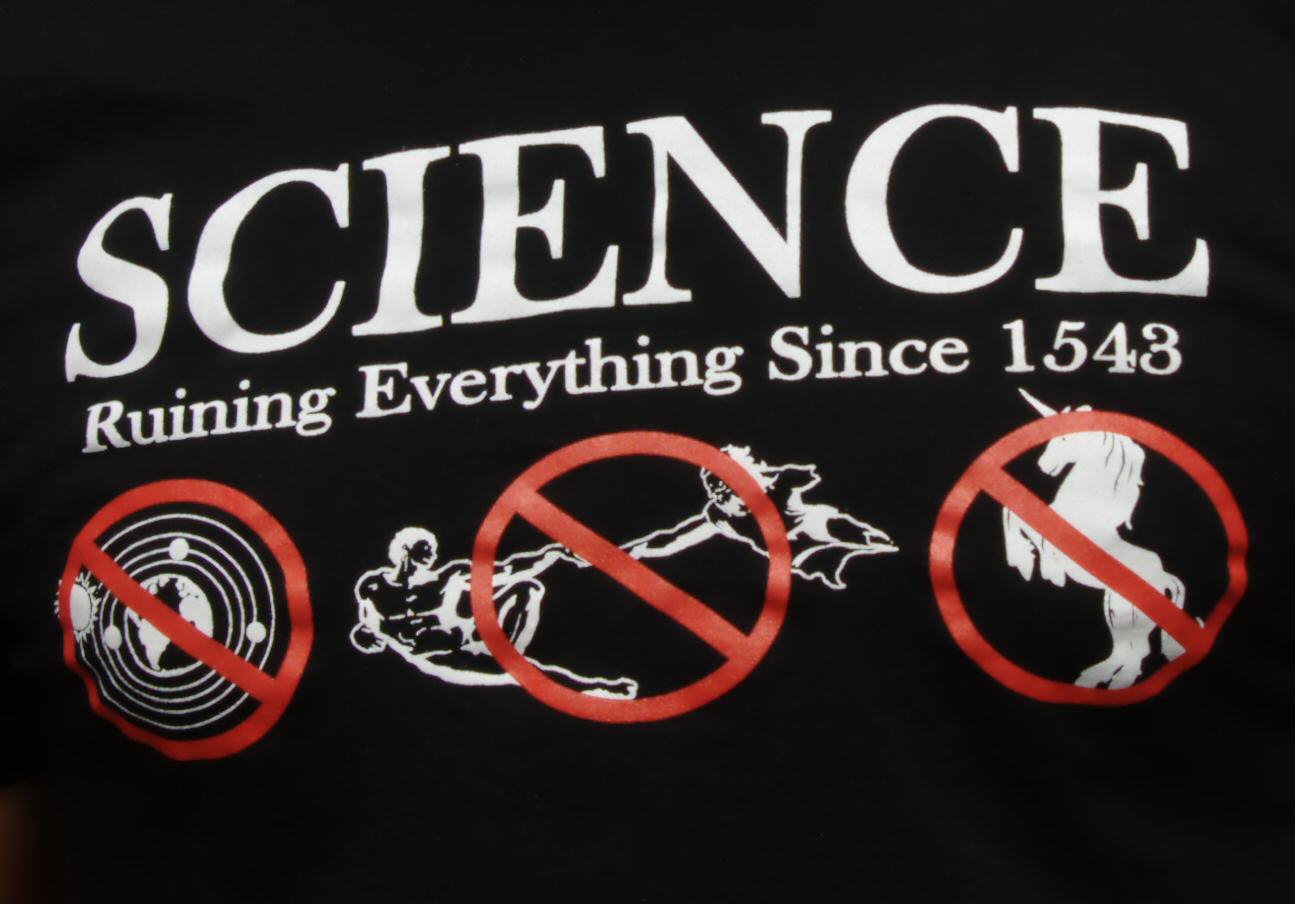
Dear Fred,
It's too late to turn back.
We have gone too far down The Road of Science.
We have gone too far down The Road of Science.
Threatened by the theological implications of Science -- much like Galileo's heliocentric threat to Vatican officialdom -- many Christians are reverting to Conservatism's default hope that "Apocalypse-Armageddon" will turn the tide. http://paxonbothhouses.blogspot.com/2013/10/republicans-for-revolution-study-in.html
Inconvenient Truth. If Armageddon does occur, the resulting catastrophe will be horrifying beyond imagination.
Flesh sloughing from living bone.
Eyes boiled out of their sockets.
Flesh sloughing from living bone.
Eyes boiled out of their sockets.
Instead of fanciful "Rapture" to pluck "the good Christians" from this "valley of tears," the entire species will be devastated.
Injury and sickness will become our daily bread.
Against this catastrophic backdrop there will be no scientific treatment; only herbs and wives tales.
Not even narcotics to dull pain.
"Good Christians" have no inkling what horror their heartless apocalyptic musings will visit on their children.
Not even narcotics to dull pain.
"Good Christians" have no inkling what horror their heartless apocalyptic musings will visit on their children.
Christianity - and other religions -- have no compassionate choice but to integrate science into The Divine Milieu.
This transition will be no easier than the integration of pagan antiquity into the Christian era, but is within our grasp.
This transition will be no easier than the integration of pagan antiquity into the Christian era, but is within our grasp.
Aquinas would have no problem with the integration of science and religion; nor would Jesuit paleontologist, Teilhad de Chardin, who did the great service of identifying research with adoration.
The problem with integrating science and religion resides with rigid "fundamentalists" whose self-shackled psyches oblige denial-of-science to forfend doctrinal challenge.
See Michael Specter's "The Danger of Science Denial." http://paxonbothhouses.blogspot.com/2013/03/ted-talk-danger-of-science-denial.html (It bears mention that "The Denial of Science" is Bill Gates' favorite TED Talk.)
Pax tecum
Alan
---------- Forwarded message ----------
From: Alan Archibald <alanarchibaldo@gmail.com>
Date: Mon, Feb 17, 2014 at 11:21 AM
Subject: Re: flat earth
To: Fred Owens <froghospital911@gmail.com>
Dear Fred,
Context is at least as important as content.
We cannot pick and choose scientific findings without damaging the scientific context which subtends the findings.
We can get by but we cannot thrive.
***
We can believe that God saved Noah's family but we must also consider that Noah's descendants became worse sons of bitches than the previous generation of sinners from whom the Flood was supposed to "save us." http://paxonbothhouses.
On Mon, Feb 17, 2014 at 11:10 AM, Fred Owens <froghospital911@gmail.com> wrote:
How would those beliefs effect my behavior as a pharmacist or my ability to drive a car?We need to determine those scientific truths which must be understood in order to function -- as opposed to those which are irrelevant to day-to-day living.For example, I am convinced that the world is flat. The sun goes around the earth, and God destroyed all life on the planet except for Noah's family.But some beliefs are necessary, such as sepsis and germ theory. The nurse must know that and wash her hands, but if she disbelieves in the science of evolution, that doesn't matter.--
My writing blog is Frog Hospital
send mail to:
Fred Owens
35 West Main St Suite B #391
Ventura CA 93001
Thanks for your email.
I often post before my "final" edit because it's easier for me to visualize needed changes when I read my writing in "published" form.
I gather you just read a preliminary version of my reply to your previous email.
That post is now completed and I will paste it below.
Concerning "challenge."
Non-scientists are often unaware that the Scientific Method is designed to prove one's preliminary findings wrong.
However, when testing and re-testing consistently results in statistical certainty that clears 95% or 98% "confidence limits" then the matter is considered "settled science." (Which is not say that settled science is not up for review. In recent years, a number of "settled" scientific issues have been reversed, among them our scientific conviction concerning the etiology of duodenal ulcers.)
Almost always, science is intrinsically contingent and probabilistic. These "built-in" measures of uncertainty make it easy for non-scientifically-trained conservatives to find a single exception to a rule and then use that exception as the foundation for a new rule.
Conservatives don't look to prove anything. They look to protect their beliefs by finding anecdotes that seem to un-prove things.
Consider.
I, for example, do not believe the Law of Gravity is inviolable since I think Joseph of Cupertino could actually fly. http://en.wikipedia.org/wiki/Joseph_of_cupertino
Similarly, The Theory of Relativity is not a Law but it is a good enough working model that much of the modern world -- including the reality of atomic weapons -- depend upon it.
Pax tecum
Alan
On Mon, Feb 17, 2014 at 11:47 AM, Fred Owens <froghospital911@gmail.com> wrote:
Personally, I've often wondered about Vitamin C -- I've never seen one, but i do like eating oranges just the same. It's just that it helps to have a real world common sense confirmation of any theory -- which is why the law of gravity is rarely challenged.Deniers deny those two theories which least impact their lives -- evolution and climate change.But would you claim that a serious person must not challenge ANY tenets of modern science?
No comments:
Post a Comment